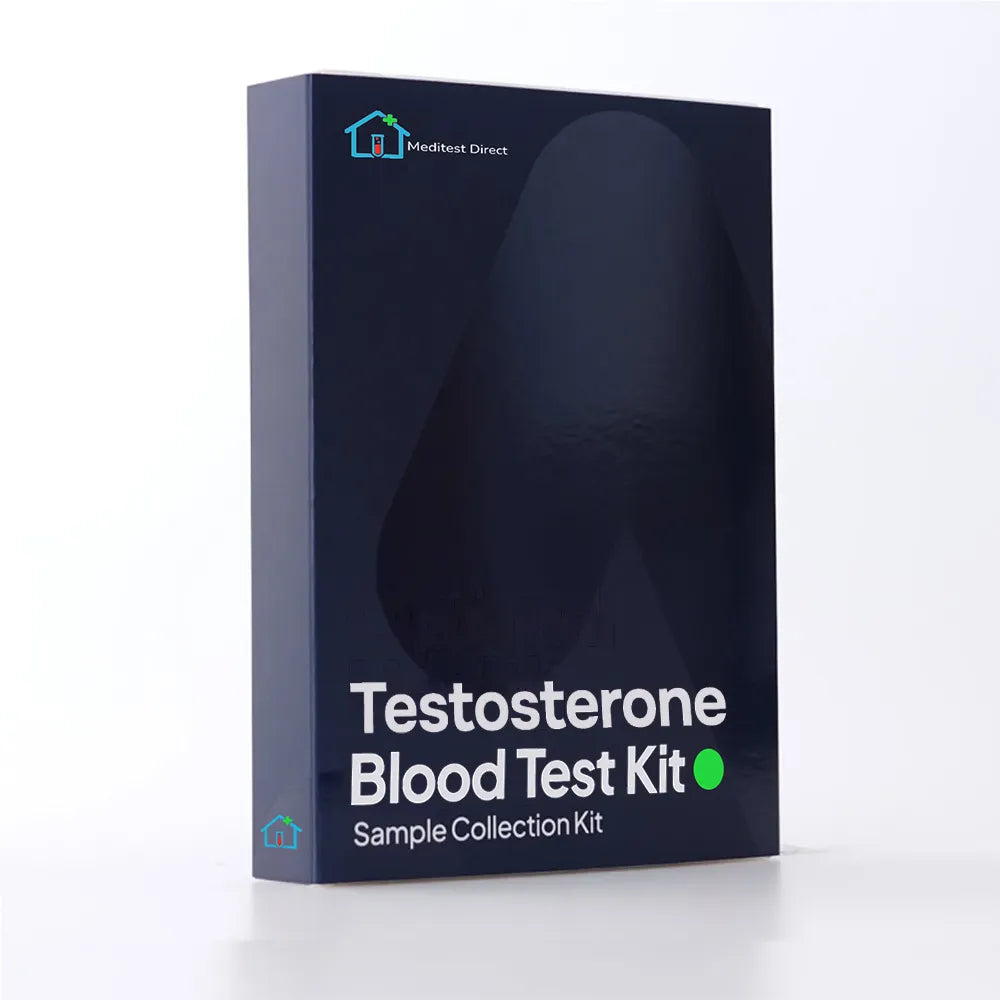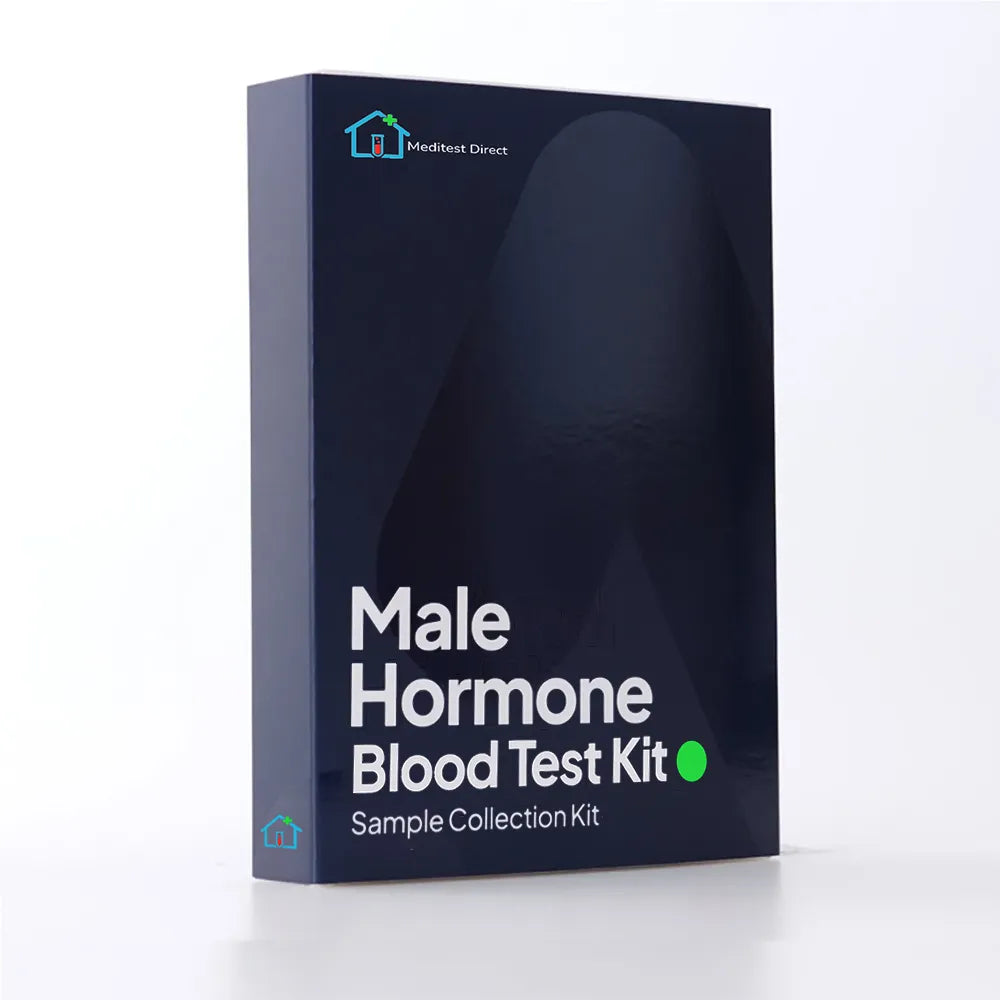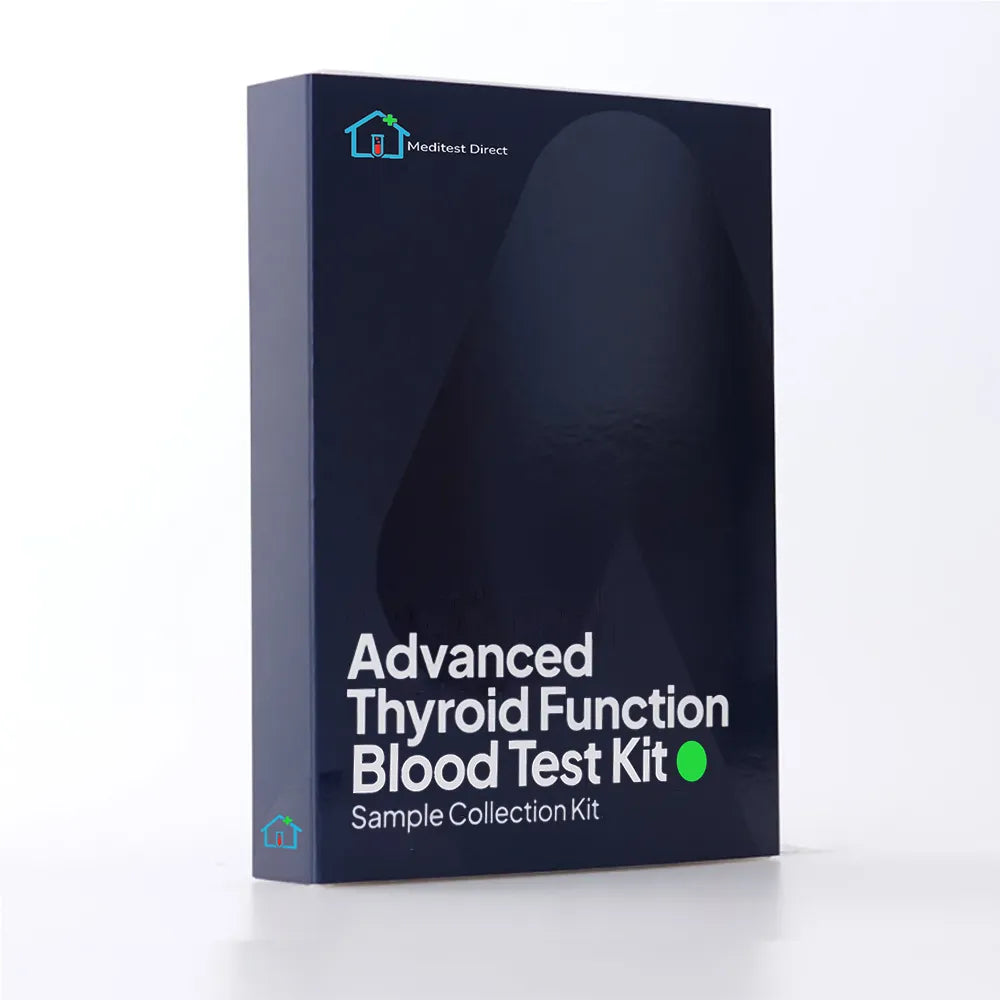Despite its name, vitamin D is actually a hormone that’s produced by your skin when it’s exposed to sunshine. Before your body can use vitamin D produced by sun exposure (known as vitamin D3), it must be converted into another form called 25 hydroxycholecalciferol (25 OH). Vitamin D (25 OH) is the major circulating form of vitamin D, and so your vitamin D (25 OH) level is considered the most accurate indicator of vitamin D supply to your body.
Vitamin D is essential for healthy bones and teeth, as it helps your body absorb calcium. It also plays a role in muscle health, immune function, and mental health.
Low vitamin D symptoms include muscle weakness, mood swings, and fatigue. Many people in the UK have low vitamin D levels, and people with dark skin and people who don’t spend much time outdoors are particularly at risk.
Small amounts of vitamin D can be obtained from food, especially oily fish, eggs, and vitamin-D fortified foods. But if you have a vitamin D deficiency, you’re unlikely to be able to improve your levels by food alone.










